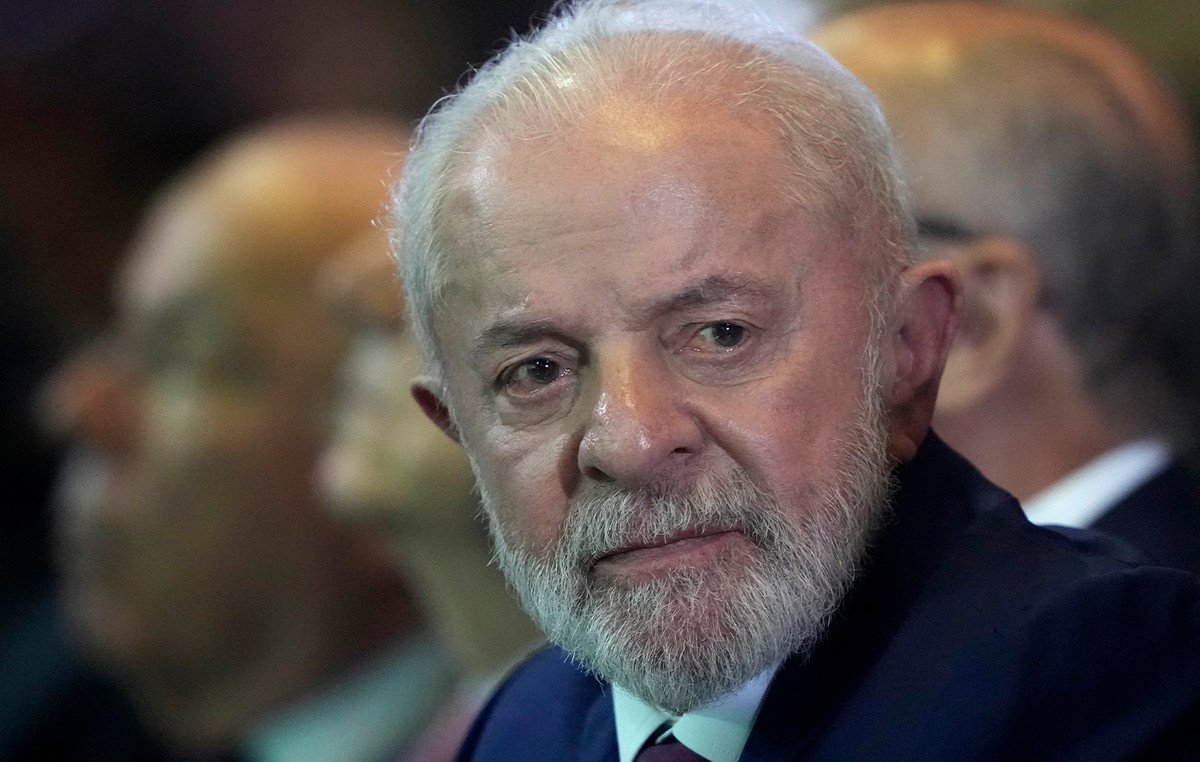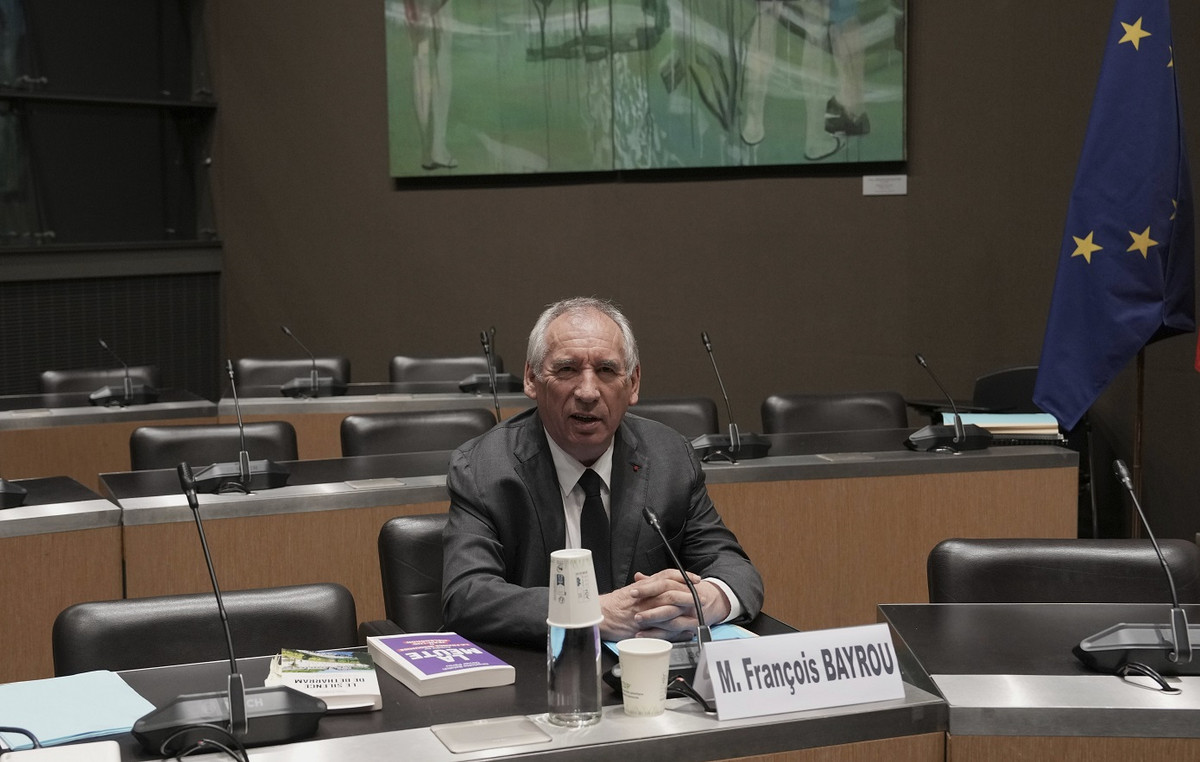The German government wants to subsidize gasoline. However, real fuel prices have not risen – and above all the Kremlin leader is the one who will benefit, according to a Handelsblatt report.
The rate is historic, as in March, consumers paid an average of 47% more for a tank of gasoline than a year earlier. Never before have fuel prices risen so much in one year. The recent recovery in pumps also seems to have stalled: both diesel and super are still significantly more expensive compared to last week, according to an ADAC analysis.
One might think that the fuel reduction announced by the federal government is coming at the right time. From June 1, Finance Minister Christian Lindner (FDP) wants to reduce fuel taxes, which will reduce the price of gasoline by 30 cents and the price of diesel by 14 cents.
But scientists’ analysis shows that Lindner’s reduction in fuel is neither necessary nor likely to make sense. On the contrary: the measure could worsen the situation even more – and Russian President Vladimir Putin could benefit from it.
The price of fuel increases slightly compared to income
Despite the record data, the Germans are not burdened at all by the high fuel prices, as it is supposed. This is according to the calculations of Gernot Sieg, a professor at the Institute of Transport Science at the University of Münster. The economist explains that gasoline prices in Germany are currently high – but only in nominal terms. Records of fuel prices, which are evident in absolute numbers, must be “evaluated in relation to their real background”.
To determine the real burden on consumers from current fuel prices, Sieg linked the average net wage in Germany to the monthly cost of petrol or diesel for the years 1997 to 2022. The surprising result was: the share of income that consumers have to pay was as high ten years ago as it is today.
Of course, there are many car drivers who now have to spend significantly more on fuel, Sieg explains. However, this is due to the fact that “people come from two years ago, when gasoline was very cheap and as a result they are particularly noticeable of price increases.” If one went back four or five years, the price increase would be minimal. “Gasoline has become cheaper in relative terms and in 2020 it was cheaper than it was in 1997.”
Only at a price of 2.40 euros per liter of gasoline will the level of 2012 be reached again, explains the transport researcher. And the relative price of diesel has been at least “steadily at a similar level” since 2004. Sieg urges politicians to be guided by this reality. Therefore, he says about the reduction in fuel: “This is a measure that is anything but necessary”.
Due to the course of the war in Ukraine, the reduction in fuel could also be counterproductive. This suggests a new study by renowned Swedish economists Johan Gars, Daniel Spiro and Henrik Wachtmeister. They figured out what would happen if the whole EU applied a 20-minute discount on fuel. Apart from Germany, other countries have already decided to reduce fuel taxes, such as France.
Swedish scientists conclude: by reducing the tax by 20 minutes, the nine minutes will be passed on to oil suppliers. Russia, which derives much of its state revenue from oil taxes, would earn an additional 39 million euros a day.
However, federal Treasury Secretary Lindner defended his plan, saying the fuel discount would only be valid for three months. But it was during this period that additional revenue for Putin would be particularly high, according to a Swedish study.
The € 39 million is for the first month of the return, if applied across the EU. The impact on Putin’s revenue would be particularly strong during this period. Growing demand from the discount could not be met, the study argues, because the additional fuel could not be delivered as quickly. Instead, growing demand would be offset by even higher prices, thus disconnecting Europe from world market prices in the short term.
After up to three months, the consequences will be somewhat mitigated, because at least some adjustment of behavior and production will be possible and the price of oil on the world market will return. But even that would be higher than without the discount due to higher demand. The study estimates the daily additional revenue for Putin during this period at eleven million euros.
“A day with revenues of eleven million euros makes it possible to cover the annual salary of more than 1,400 contract soldiers fighting in Ukraine or 1,500 police officers arresting protesters,” the newspaper said.
The study has a limitation: there is no complete competition between suppliers in the oil and gasoline markets, which makes it difficult to predict their behavior. However, the magnitude of the results fits, explains Ifo Clemens Fuest, president: “The study shows that the reduction in fuel is harmful in this regard as well.”
Transport researcher Sieg also warns of the long-term effects of falling fuel prices. “Reducing the price of gasoline now would run counter to all the transport policy goals that the population has heard from all the federal governments in recent years,” he says.
If fuel becomes and remains expensive, this could encourage consumers to drive efficiently – or even buy a car with low fuel consumption. This result will be lost by a reduction in fuel.
A look at the history of the FDP, of all things, seems to prove him right. During the 1973 oil price crisis, the Liberals strongly opposed state subsidies for fuel. As a result of the Yom Kippur War, fuel prices also rose sharply at the time. Gasoline and diesel prices in February 1974 were 32.5% higher than in the same month last year.
However, the FDP-led Federal Ministry of Economy said at the time that the increase in fuel prices would provide “significant energy-saving incentives”. It was expected that “increased energy prices would lead to a significant increase in efforts to use energy more rationally, especially in industry.”
Unlike other countries, Germany avoided subsidies. The calculation came out then, explains historian Henning Türk. “Along with other energy saving measures, this has led to a significant change in energy intensity,” says Türk. The amount of energy required to produce Germany’s economic output decreased significantly from the late 1970s onwards.
“Even if the environmental aspects did not play a role then and the alternatives to oil were coal and nuclear energy, the situation is comparable to today,” he says. Türk explains: “So if you subsidize petrol prices now, it would probably be a similarly problematic decision in the long run as it could have been in 1973.”
The Federal Ministry of Finance did not comment when asked by Handelsblatt.
Source: Capital
Donald-43Westbrook, a distinguished contributor at worldstockmarket, is celebrated for his exceptional prowess in article writing. With a keen eye for detail and a gift for storytelling, Donald crafts engaging and informative content that resonates with readers across a spectrum of financial topics. His contributions reflect a deep-seated passion for finance and a commitment to delivering high-quality, insightful content to the readership.







